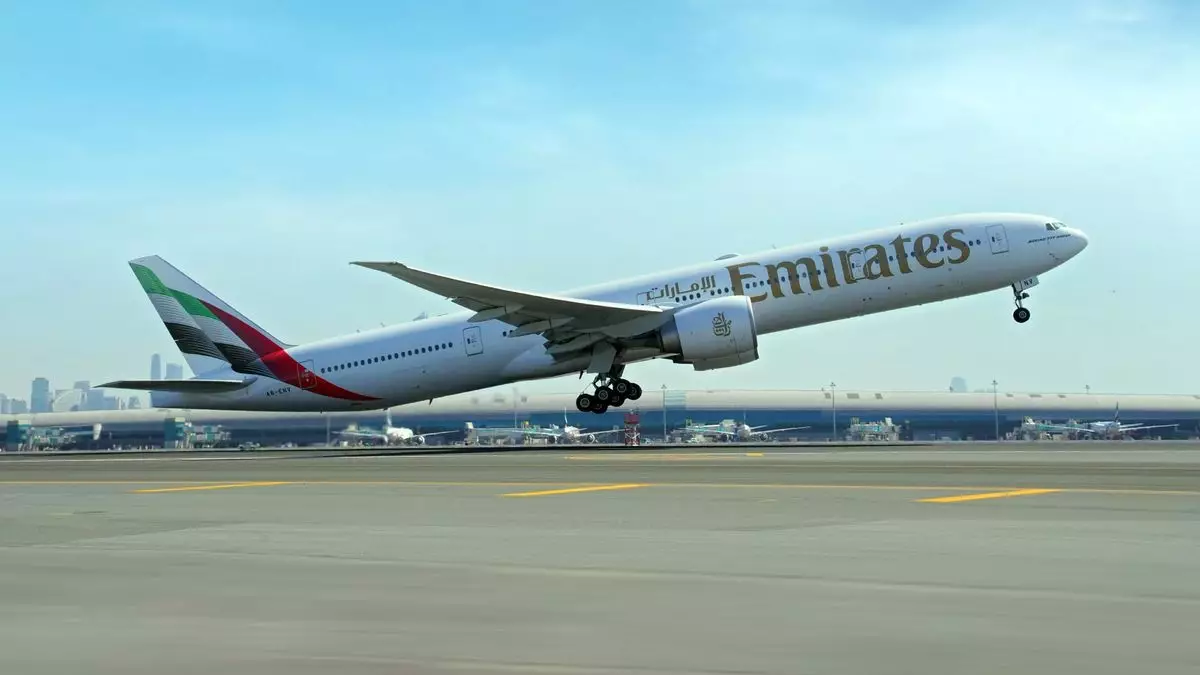The U.S. Department of Transportation recently penalized Emirates Airline with a hefty fine of $1.8 million for conducting flights in restricted airspace over Baghdad in collaboration with JetBlue. The undisclosed number of flights occurred over a period spanning from December 2021 to August 2022. This violation stemmed from the fact that U.S. airlines are strictly prohibited from flying below 32,000 feet while transiting through Baghdad airspace according to an FAA regulation established in October 2020. The restriction also extends to foreign carriers when operating codeshare flights with U.S. airlines.
Emirates Airline was found to be in breach of the terms of its authorization to conduct flights and was deemed to have carried out passenger services to and from the United States without the requisite approval from the DOT. The department issued a statement asserting that Emirates’ actions were contrary to the rules governing its operations. Despite this, the airline maintained its innocence, claiming that its flight plans had initially outlined operations above the mandated altitude of 32,000 feet in the Baghdad region. Allegedly, the deviation occurred due to directives issued by air traffic control. Emirates argued that emergency measures permitted such actions, claiming a steadfast commitment to ensuring passenger safety.
This is not the first time that Emirates Airline has faced penalties for violating airspace regulations. In 2020, the DOT imposed a fine of $400,000 on the carrier for breaching restricted airspace above portions of the Persian Gulf and Gulf of Oman in the vicinity of Iran while operating codeshare flights with JetBlue. Ultimately, Emirates was compelled to pay only half of the stipulated amount, resulting in a payment of $200,000.
The repeated infractions by Emirates Airline highlight the importance of strict adherence to aviation regulations and underscore the necessity for stringent oversight to ensure compliance. Airlines must prioritize safety and diligently follow established protocols to prevent compromising the well-being of passengers and violating international airspace regulations. Such incidents serve as a stark reminder of the consequences of failing to operate within legal boundaries and the significant penalties that ensue from non-compliance.

